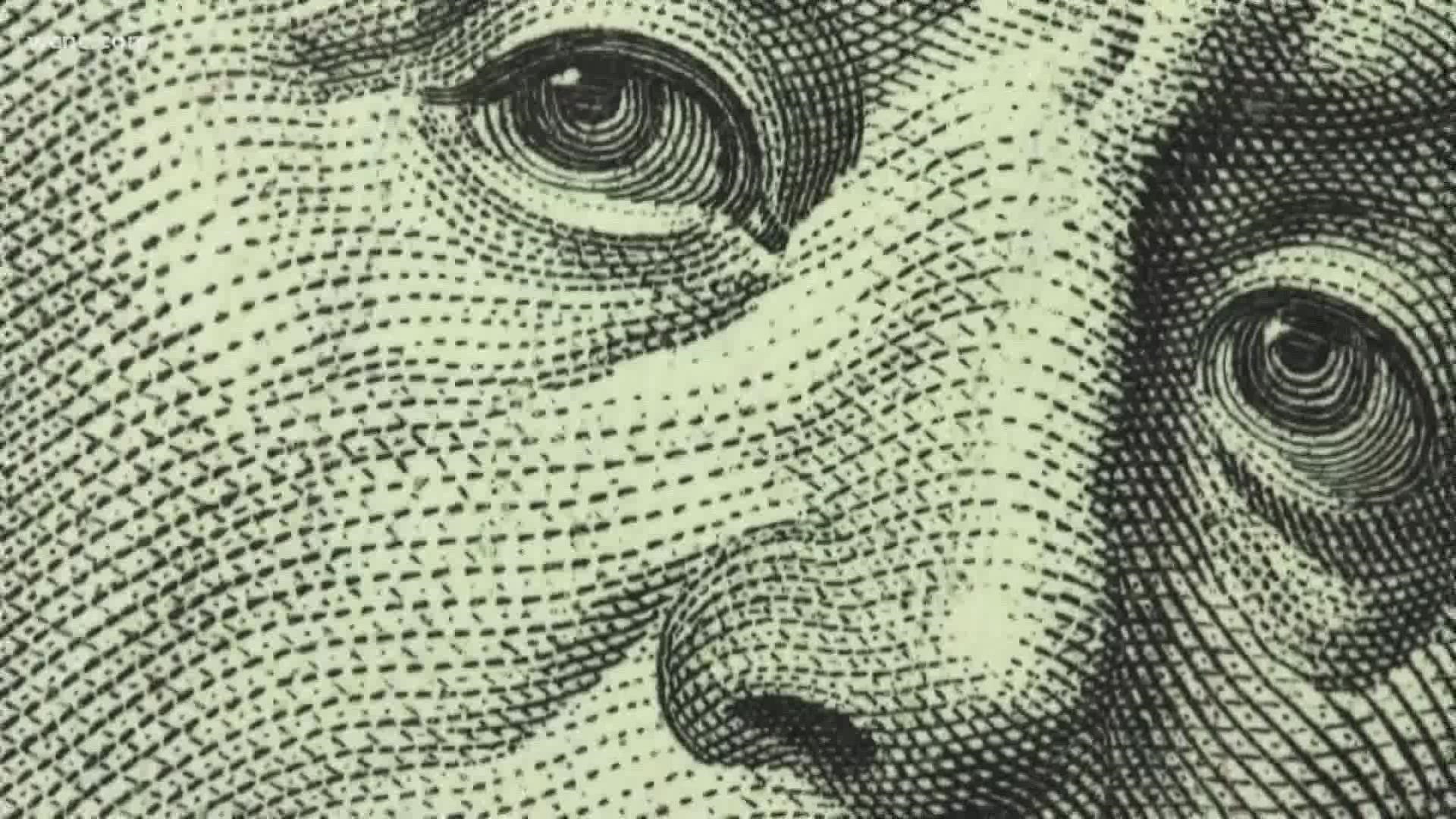CHARLOTTE, N.C. — An alarming 53% of Americans are carrying credit card debt right now, with an average balance of about $5,000 dollars. But there is good news to report in that number: fewer people are piling on more debt, even with the ongoing COVID-19 pandemic.
That being said, the debt can still really eat away at one's financial health: recent studies show 37% of Americans have less than $1,000 in their emergency savings, and 13% have no emergency savings at all. Credit card debt can be both good and bad; credit cards help build credit, but the downside of not paying it off is high-interest rates.
'You can save serious money': How to lower your credit card interest rate
“We are also seeing a rise in the 'buy now pay later' trend," said Ted Rossman with Bankrate.com. Experts with Bankrate study all sorts of financial trends, including debt trends.
“Zero percent balance transfer cards had gone away a bit, but they are making a comeback,” he said.
With good credit you can get a personal bank loan to consolidate debt and pay about 5% interest, which is less than usual; the average credit card interest rates are around 16.2%. You can get a zero-interest card but read the terms carefully. If you don’t pay it off in time, a large interest rate kicks in.
“You just need to be disciplined about this,” added Rossman.
The keyword: discipline. It’s fun racking up the debt, but it’s much worse trying to get rid of it. It’s painful and takes a long time. You do have options, just figure out how much and how long first.
Contact Bill McGinty at bmcginty@wcnc.com and follow him on Facebook.
WCNC Charlotte is always asking "where's the money?" If you need help, reach out to the Defenders team by emailing money@wcnc.com.

